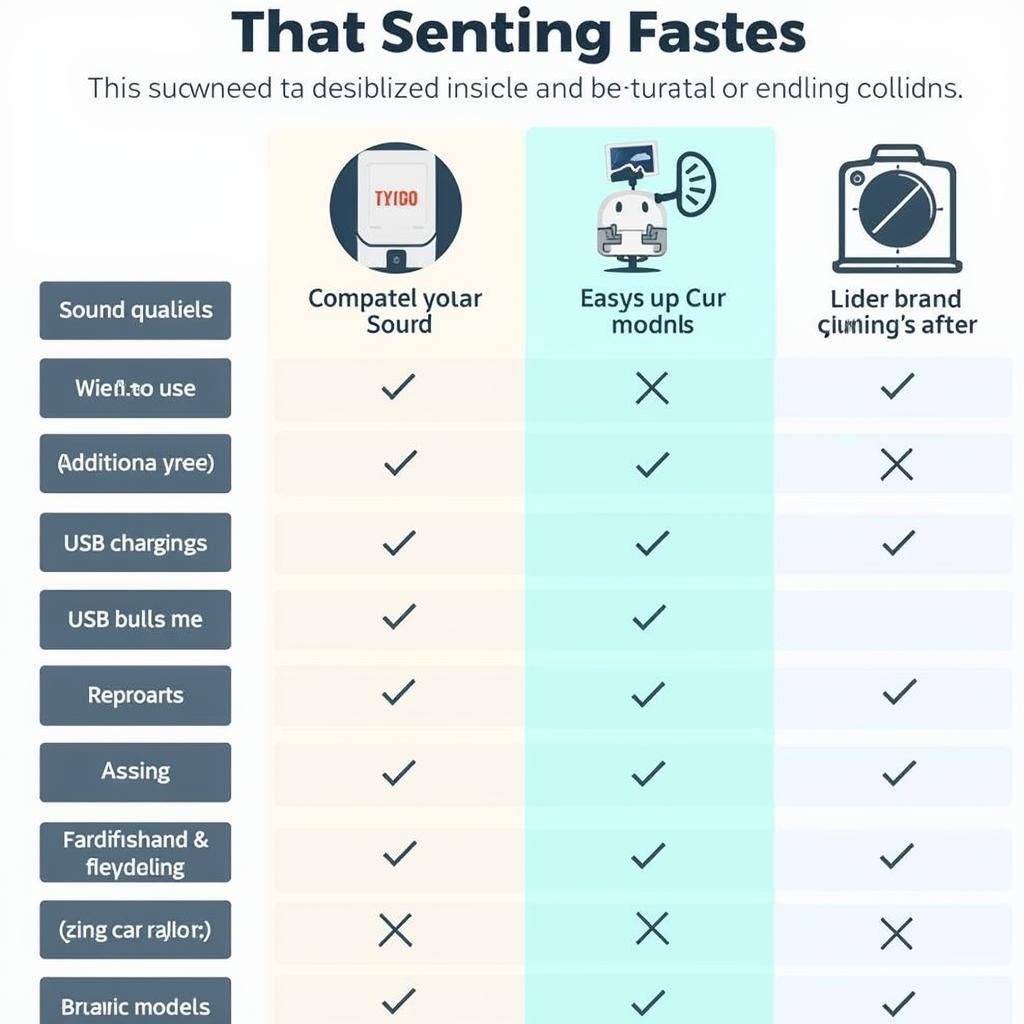The “brake warning drive moderately” message flashing on your BMW dashboard can be unsettling. This warning, often accompanied by a yellow or red brake symbol, indicates an issue with your braking system that requires attention. While it might not always signal a critical emergency, ignoring it could compromise your safety and potentially lead to costlier repairs down the line.
Understanding Your BMW Brake Warning System
BMW vehicles are equipped with sophisticated onboard diagnostics that constantly monitor various systems, including your brakes. When the “brake warning drive moderately” message appears, it’s triggered by sensors detecting an irregularity. This could range from worn brake pads to more complex issues like problems with the ABS system or brake fluid levels. Contact Here for Free Video Tutorial.
Common Causes of the “Brake Warning Drive Moderately” Message
There are several reasons why this warning light might illuminate on your dashboard. Let’s delve into the most frequent culprits:
- Worn Brake Pads: This is the most common reason for the warning. Brake pads have wear sensors, and when they wear thin, the sensor triggers the warning light.
- Low Brake Fluid: Brake fluid is crucial for transmitting force from the brake pedal to the wheels. If the fluid level is low, it could indicate a leak or that the brake pads are excessively worn.
- Faulty ABS Sensors: Anti-lock Braking System (ABS) sensors monitor wheel speed and help prevent wheel lock-up during hard braking. A malfunctioning sensor can trigger the warning message.
- Problem with the Brake Caliper: The brake caliper houses the brake pads and pistons. If the caliper is sticking or seized, it can cause uneven braking and trigger the warning.
- Issues with the Brake Booster: The brake booster amplifies the force applied to the brake pedal, making braking easier. A faulty booster can reduce braking efficiency and activate the warning.
What to Do When the “Brake Warning Drive Moderately” Appears
- Stay Calm and Assess the Situation: Don’t panic. If you’re in traffic, carefully move to a safe location off the road.
- Check Your Brake Fluid Level: Locate your brake fluid reservoir (refer to your owner’s manual if needed) and check the fluid level. If it’s low, adding more fluid might temporarily address the issue, but it’s crucial to have the system inspected for leaks.
- Drive Moderately and Avoid Hard Braking: As the warning suggests, drive cautiously and avoid sudden braking. Remember, your braking distance may be affected.
- Schedule an Inspection with a Qualified Technician: Don’t delay in getting your BMW checked by a qualified technician, preferably one specializing in BMWs. They can diagnose the issue accurately using diagnostic tools and recommend the appropriate course of action.
Ignoring the Warning: Potential Risks and Consequences
Ignoring the “brake warning drive moderately” message can have serious implications:
- Compromised Braking Performance: Continuing to drive with a faulty braking system puts you and others at risk. You could experience reduced braking power, longer stopping distances, or even complete brake failure.
- Costly Repairs: What might start as a minor issue, like worn brake pads, can escalate into a major problem if ignored. This could lead to damage to other brake components like rotors or calipers, resulting in significantly higher repair costs.
- Safety Hazards: A malfunctioning brake system is a serious safety hazard. It increases the risk of accidents, putting you, your passengers, and other road users in danger.
“Addressing brake issues promptly is not just about car maintenance; it’s about prioritizing safety,” says Jake Peterson, Senior Automotive Engineer at XYZ Automotive. “Ignoring warning signs can have dire consequences. It’s always better to err on the side of caution and get your vehicle inspected by a professional.”
Preventive Measures: Keeping Your BMW Brakes in Top Condition
- Regular Brake Inspections: Schedule brake inspections at recommended intervals or as advised by your BMW specialist.
- Timely Brake Pad Replacement: Replace your brake pads before they wear down completely. This not only prevents the warning light from illuminating but also protects your rotors from damage.
- Brake Fluid Flush: Brake fluid absorbs moisture over time, which can reduce its effectiveness. It’s recommended to have your brake fluid flushed and replaced every two years or as per your BMW’s service schedule.
- Quality Brake Parts: When replacing brake components, always opt for high-quality parts that meet BMW’s specifications. Using inferior parts can compromise braking performance and longevity.
Conclusion
The “brake warning drive moderately” message on your BMW dashboard should never be ignored. It’s a clear indication that your braking system requires attention. By understanding the potential causes, responding promptly, and adhering to preventive measures, you can ensure optimal braking performance, safety, and longevity of your BMW’s braking system. If you’re experiencing this warning, don’t hesitate to seek professional assistance from a qualified BMW technician.
FAQs
Q1: Can I continue driving my BMW with the “brake warning drive moderately” message on?
It’s not advisable to continue driving for extended periods or at high speeds with the warning light on. It’s crucial to reduce speed, drive cautiously, and have your vehicle inspected as soon as possible.
Q2: How much does it cost to fix a “brake warning drive moderately” issue in a BMW?
The repair cost can vary significantly depending on the underlying cause. It could be as simple as replacing brake pads, which is relatively inexpensive, or it could involve more complex repairs like replacing calipers or ABS sensors, which can be more costly.
Q3: Can I add brake fluid myself if the level is low?
Yes, you can temporarily add brake fluid to top up the reservoir. However, it’s essential to use the correct type of brake fluid recommended for your BMW.
Q4: Is it safe to ignore the warning if the brake pedal feels firm?
Even if the brake pedal feels firm, the warning light indicates a potential problem with the braking system. Ignoring it could lead to further damage and safety risks.
Q5: How often should I have my BMW’s brakes inspected?
It’s generally recommended to have your brakes inspected at least once a year or every 10,000-12,000 miles, or as recommended in your BMW’s service schedule.



